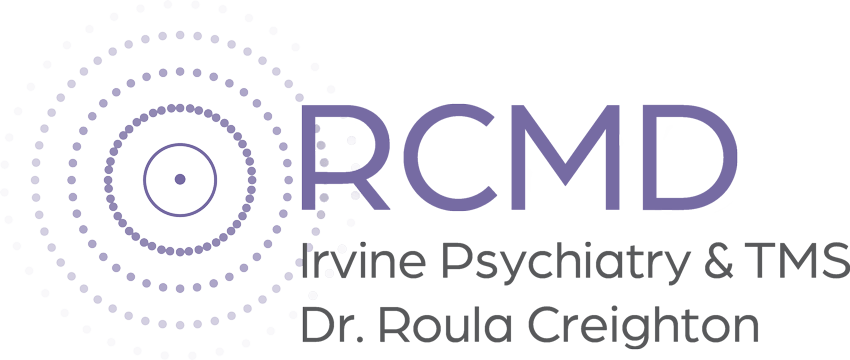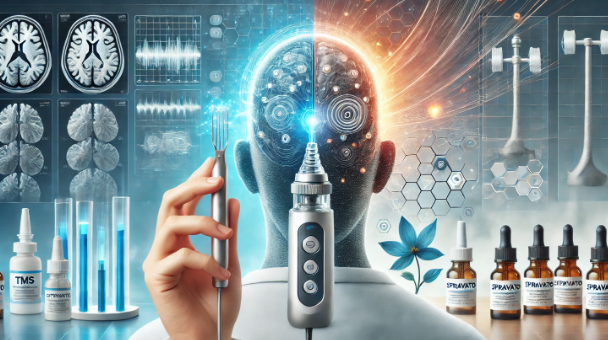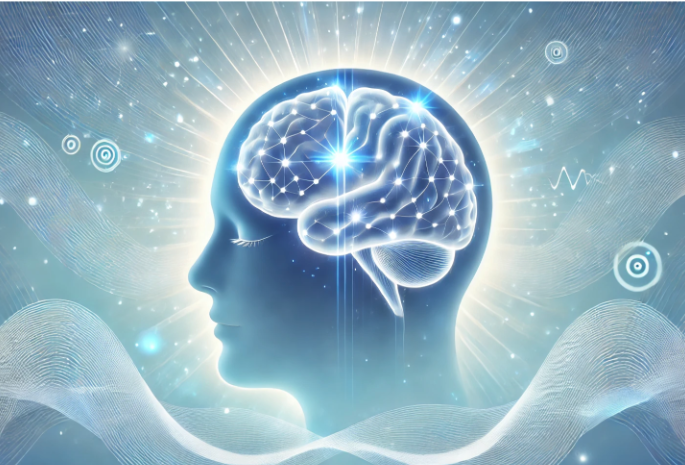The Rising Mental Health Crisis
Depression isn’t just feeling sad—it’s a debilitating mental health disorder affecting millions worldwide. With increasing stress, social pressures and economic struggles, more people are seeking effective solutions beyond traditional treatments. The need for new and alternative therapies is higher than ever, as many find conventional methods insufficient or limited by side effects.
Conventional Treatments and Possible Limitations
Traditionally, depression has been treated with antidepressant medications and psychotherapy. While medication options work for many, they leave a third of affected patients with residual symptoms. And for some, the benefit will diminish over time. Therapy, on the other hand, can be time-intensive and limited by access to providers. This has led many individuals to explore alternative depression treatments that offer better results with fewer drawbacks.
Exploring Alternative Treatments for Depression
Lifestyle Changes and Natural Remedies
Simple lifestyle changes, such as regular exercise, a balanced diet, and mindfulness meditation, have shown positive effects on mental health. Sunlight exposure, social support, and engaging hobbies can also help combat depressive symptoms. However, these can be difficult to implement when already in a depressed state. And for severe cases, these approaches alone may not be enough.
Therapy and Counseling Approaches
Different types of therapy, such as Cognitive Behavioral Therapy (CBT) and Dialectical Behavior Therapy (DBT), provide coping strategies for depression. These are highly effective modalities for many and require long-term commitment. Nevertheless, they are not effective for 100% of those suffering with depression and may only provide partial relief for some.
Medication-Free Solutions for Depression
Some people seek drug-free treatments due to concerns about long term effects or side effects. Options like acupuncture, neurofeedback, and even herbal supplements have gained popularity. These can be beneficial for sub-clinical or mild symptoms and can be added as augmenting options for more moderate to severe depressive episodes. Certainly, one of the most promising innovations in depression alternative treatments is Transcranial Magnetic Stimulation (TMS).
What is TMS? (Transcranial Magnetic Stimulation)
How TMS Works in the Brain
TMS is a revolutionary, non-invasive treatment that uses magnetic pulses to stimulate specific areas of the brain associated with mood regulation. It directly targets the prefrontal cortex, which studies has shown is often underactive in individuals with depression. By reactivating these neural pathways, TMS helps restore balance and improve mood.
TMS vs. Traditional Antidepressants
Antidepressants are taken orally, absorbed into the blood stream, and then work on cells in the brain or receptors in the brain. They also work on receptors in other parts of the body, thereby causing side effects. TMS works locally, directly on the brain, without affecting other parts of the body. It does not have the weight gain, fatigue, or sexual dysfunction commonly linked to antidepressant medications.
Is TMS Safe and FDA-Approved?
Absolutely! TMS has been
FDA-approved since 2008 for treating depression, and numerous clinical studies confirm its safety and effectiveness. It’s a game-changer for those who haven’t responded well to medication or therapy.
Why TMS is Leading the Way in Alternative Treatments for Depression
Drug-Free and Non-Invasive
One of the biggest advantages of TMS is that it works for those who have not seen enough benefit or any benefit from multiple medication trials. Patients don’t have to keep trying medication after medication when studies show a reduced likelihood for benefit with each subsequent trial. TMS treatment is non-invasive, meaning no surgery or anesthesia is required.
Proven Success Rates of TMS Therapy
Studies show that
TMS has an impressive success rate, with
up to 70% of patients experiencing significant symptom relief. Many individuals who have struggled for years with depression find new hope in this innovative therapy.
Minimal Side Effects
TMS has
very few side effects, with the most common being mild scalp discomfort or headaches, which usually subside after the first few sessions. It doesn’t lead to emotional blunting or physical dependence.
Who Can Benefit from TMS?
TMS is ideal for individuals who:
- Have treatment-resistant depression
- Do not want to continue trying various medications
- Experience intolerable side effects from antidepressants
- Want a longer-term solution with lasting benefits
Irvine Psychiatry and TMS: Your Trusted Provider for TMS Treatment
Personalized TMS Treatment Plans
At
Irvine Psychiatry and TMS, we know that every patient is different. Our TMS treatment plans are
customized to fit individual needs, ensuring the best possible outcomes. We closely follow progress and adjust the protocol as needed throughout treatment.
What to Expect During TMS Sessions
TMS treatment is performed in a comfortable suite, in our outpatient setting. The initial TMS setup session can take about an hour for all the measurements and placement steps. A typical TMS treatment session after that lasts about
20-40 minutes. Patients are awake and alert throughout the procedure. Treatment is generally administered
5 days a week for 4-6 weeks, with many seeing improvements within the first few weeks.
How to Get Started with TMS at Irvine Psychiatry and TMS
If you or a loved one is struggling with depression and seeking
alternative treatments, our team at
Irvine Psychiatry and TMS is here to help. Our experienced professionals will guide you through the process, from initial consultation to post-treatment care. Contact us today to schedule an appointment and take the first step toward a
happier, healthier life.
SHARE pOST:
RECENT POST:



